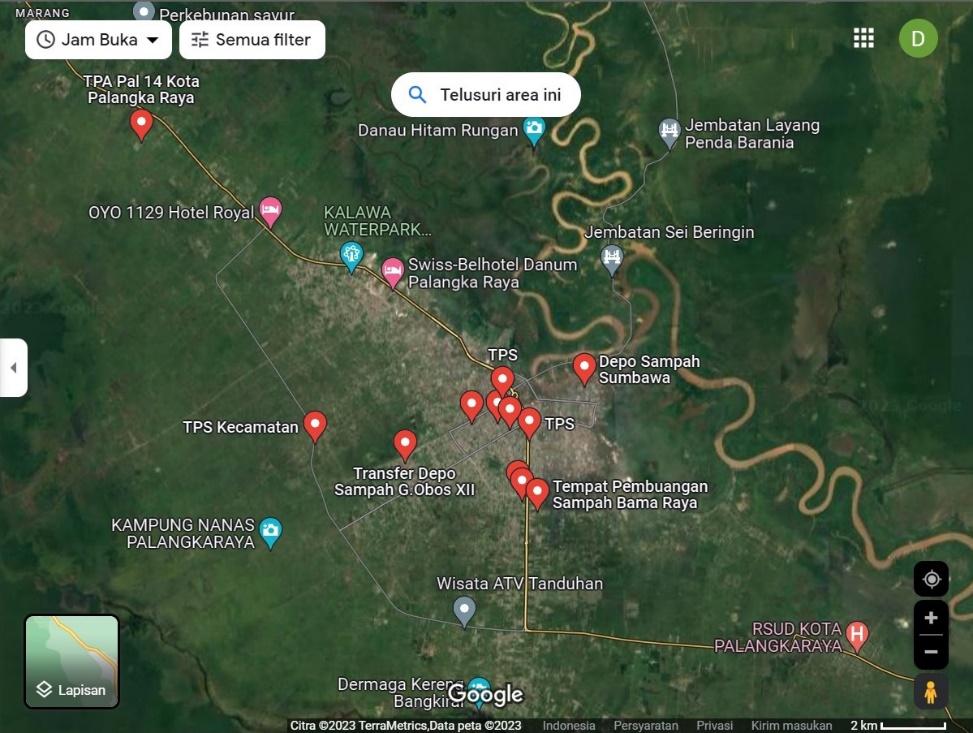Waste management in subsidized housing in Palangka Raya city based on SNI 3242:2008
DOI:
https://doi.org/10.62090/r2zkz579Keywords:
environmental impact, Low-Income Community, SNI 3242:2008, subsidized housing, urban development, waste managementAbstract
The decision of the Low Income Community (MBR) to designate the location of subsidized housing provides an opportunity for housing development. However, this new development has led to environmental problems, in particular inadequate disposal of household waste. The locations of social housing, which are mostly on the outskirts of the city and far from landfills (TPS), mean that MBRs tend to dispose of their waste indiscriminately. The impact on the environment is evident in the pollution of water. In addition, the socio-economic aspects of the community are disrupted, ranging from the emergence of unpleasant odors to the disruption of environmental esthetics. Urban waste management in Indonesia always adheres to the technical operating procedures outlined in SNI 19-2454-2002. In this study, waste management in subsidized housing in Palangka Raya City is investigated based on SNI 3242:2008 through qualitative and descriptive analysis. The results of the analysis show that waste management in subsidized housing requires a collective role and commitment to implement the 3Rs concept (reduce, reuse and recycle). It also requires the support of the City Government, both in terms of waste infrastructure and awareness campaigns that emphasize the importance of environmental protection through proper waste management.
Downloads

Downloads
Published
Issue
Section
License
Copyright (c) 2023 Devid Prianata, I Nyoman Sudyana, Herwin Sutrisno (Author)

This work is licensed under a Creative Commons Attribution-NonCommercial-ShareAlike 4.0 International License.









